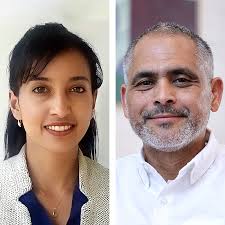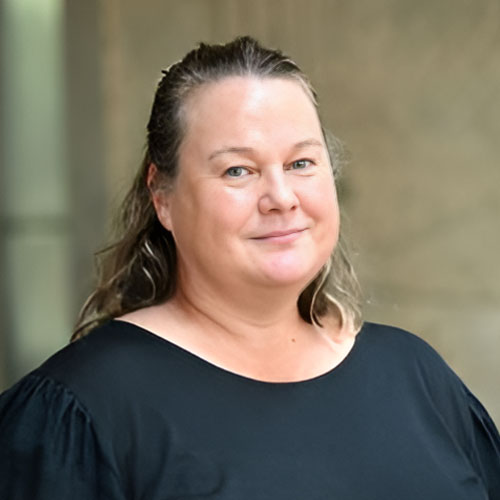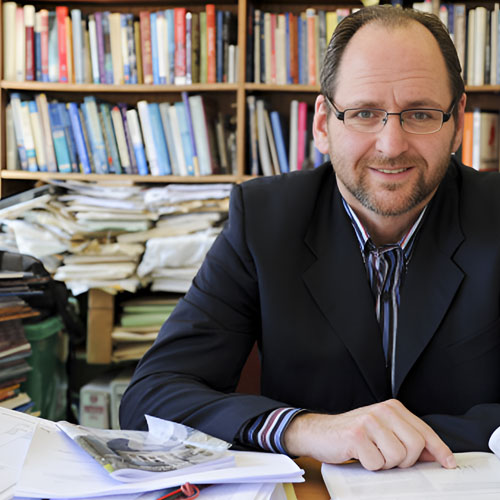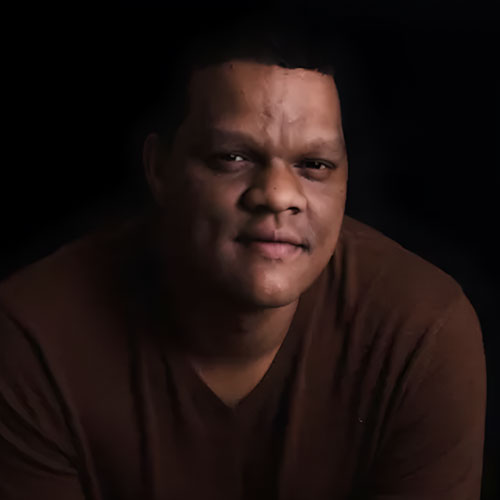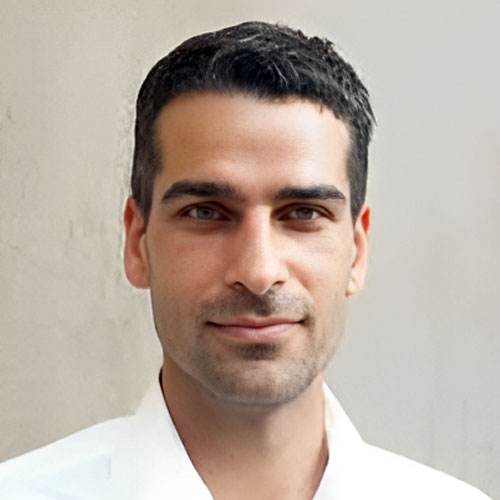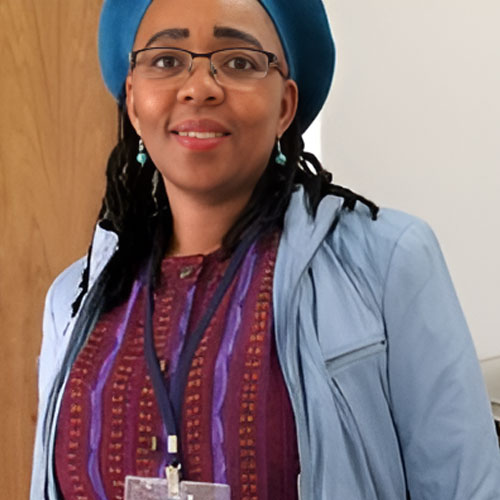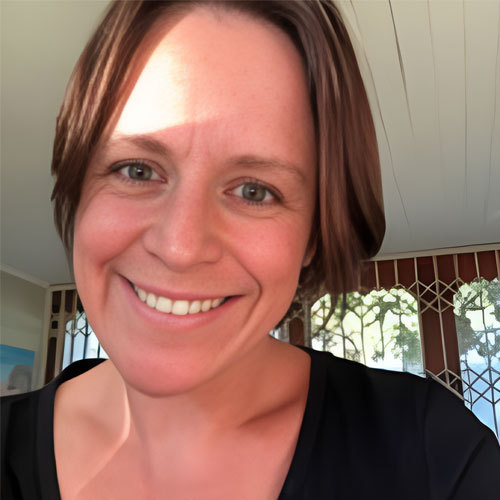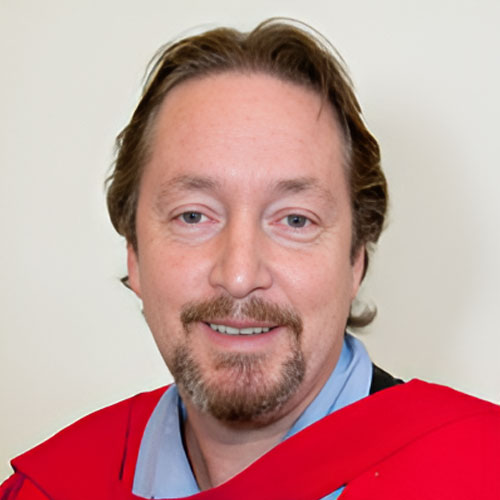The AI Teaching Innovation Grants support UCT staff in exploring practical, ethical, and creative uses of artificial intelligence in teaching and learning.
In 2025, funding was awarded to 14 projects across faculties, focusing on areas such as AI-assisted assessment, tutoring, academic writing support, and student skill development. These projects aim to enhance teaching practices and student learning through thoughtful integration of AI tools.
Project Lead(s)
Dr Aditi Hunma & Dr Moeain Arend
Language Development Group, ADP
This project marks the third phase of the Critical Reading Project and introduces an AI tutor named Sokraites. The tutor will use Socratic questioning to prompt critical engagement with prescribed readings, helping students shape their own perspectives. The approach aims to support personalised reading and writing pathways.
Project Lead
Ms Liza Hitge
Careers Service
To manage the growing volume of student submissions, this project will trial ChatGPT as a support tool for assessing reflections in the UCT Plus Programme. The programme recognises student leadership and volunteer work, with over 1,800 assessed reflections expected in 2025. AI will be guided by a rubric and used alongside student assistants to help ensure consistency and scalability.
Project Lead
Professor Jeffrey Bagraim
School of Management Studies
This project explores the use of multiple AI-powered tools to support learning in a Leadership and Organisational Change module. Using custom chatbots and adaptive learning technologies, the project aims to improve student engagement, accessibility, and formative assessment through multilingual support, personalised feedback, and interactive simulations. Grounded in ethical, contextually relevant practice, the project aligns with UCT’s Vision 2030 by promoting AI literacy, student co-creation, and African-responsive education.
Project Lead
Associate Professor Lukas du Plessis
Department of Mechanical Engineering
Aiming to improve marking efficiency and fairness, this project will pilot AI-assisted grading in the MEC4124W course. The system will be tested on assessments involving calculations and CAD images, with a focus on aligning with ECSA standards. A comparison between AI and human grading will help evaluate accuracy and potential bias to guide future use in engineering education.
Project Lead
Dr Jaisubash Jayakumar
Department of Pathology
This project proposes the development of a custom AI-powered tutoring tool to support pre-clinical medical students in understanding key concepts in pathology. The tool will offer interactive explanations, adaptive self-assessments, and case-based learning, drawing only from approved academic sources to ensure accuracy.
Project Lead
Dr Marvin Jansen
Health Science Education
In this pilot, ChatGPT will be tested as a tool to support 3rd-year medical students during simulated patient encounters. Acting as a silent observer, the AI will offer immediate feedback on history taking skills to complement traditional methods and reduce faculty workload. The project will assess the accuracy, value, and student response to AI-generated feedback in clinical training.
Project Lead
Professor Michael Held
Division of Orthopaedic Surgery
This project will develop an AI-driven virtual fellowship to support orthopaedic training in partial and total knee replacement techniques. By using AI and Augmented Reality, the project will transform video and voice interactions between surgeons into structured learning content, including transcriptions, quizzes, podcasts, and videos. Hosted on the Amodisc platform, this initiative supports digitally enabled education at UCT and offers a scalable model for surgical training in resource-limited settings.
Project Lead
Dr Nontsikelelo Mapukata
Public Health Medicine
Responding to growing interest in AI in education, this project will evaluate the accuracy and consistency of AI-based essay grading in the "Becoming a Health Professional" course. By comparing AI feedback to facilitator-marked essays, the team aims to assess the potential of AI tools in supporting assessment in a large, first-year health sciences course.
Project Lead
Associate Professor Pam Gretschel
Division of Occupational Therapy
This project focuses on developing and testing a teaching module that uses AI chatbots to help occupational therapy students improve their routine-based interviewing skills. These skills are essential for connecting with caregivers and gathering information that supports responsive, sustained interventions for vulnerable children and their families.
Project Lead
Dr Paul Steyn
Department of Human Biology
As a proof of concept, this project will trial the use of AI to fully support assessment in the HUB2021S anatomy and physiology course. The AI will generate written response questions based on lectures and course materials, mark student answers, and provide personalised feedback to support learning.
Project Lead
Professor Colin Tredoux
Department of Psychology
An HTML/JavaScript application will be piloted within an open-access cognitive neuroscience textbook to support student learning through AI-generated feedback. As students respond to short-answer prompts, their submissions will be evaluated for content understanding and writing quality via an AI system, which will return formative feedback to guide improvement.
Project Lead
Dr Katia de la Cruz García
School of Languages and Literatures
This project explores the use of an AI-powered writing support tool to assist the teaching and learning of languages and literatures in higher education, including a pilot implementation. The goal is to determine whether a suitable AI writing support tool already exists on the market or if one that fulfils specific needs of language and literature education should be developed.
Project Lead
Dr Gerhard Venter
Department of Chemistry
This project aims to develop a multilingual AI-powered Chemistry Mentor platform using Flask and GPT-4 Turbo with Vision through Microsoft Azure. The tool will support tutoring in isiXhosa, Afrikaans, and English, offering interactive and guided learning. The work will include development, testing, deployment, evaluation, and broader dissemination.
Project Lead
Dr Marwaan Rylands
Department of Chemistry
This project will use AI to support reflective assessment design in organic chemistry. By analysing past exam questions (2014–2024) through the lens of Bloom’s Taxonomy, the team aims to assess cognitive challenge and improve alignment between exam content and the cognitive skills expected in chemistry. The findings will inform future exam design and assessment practices.

